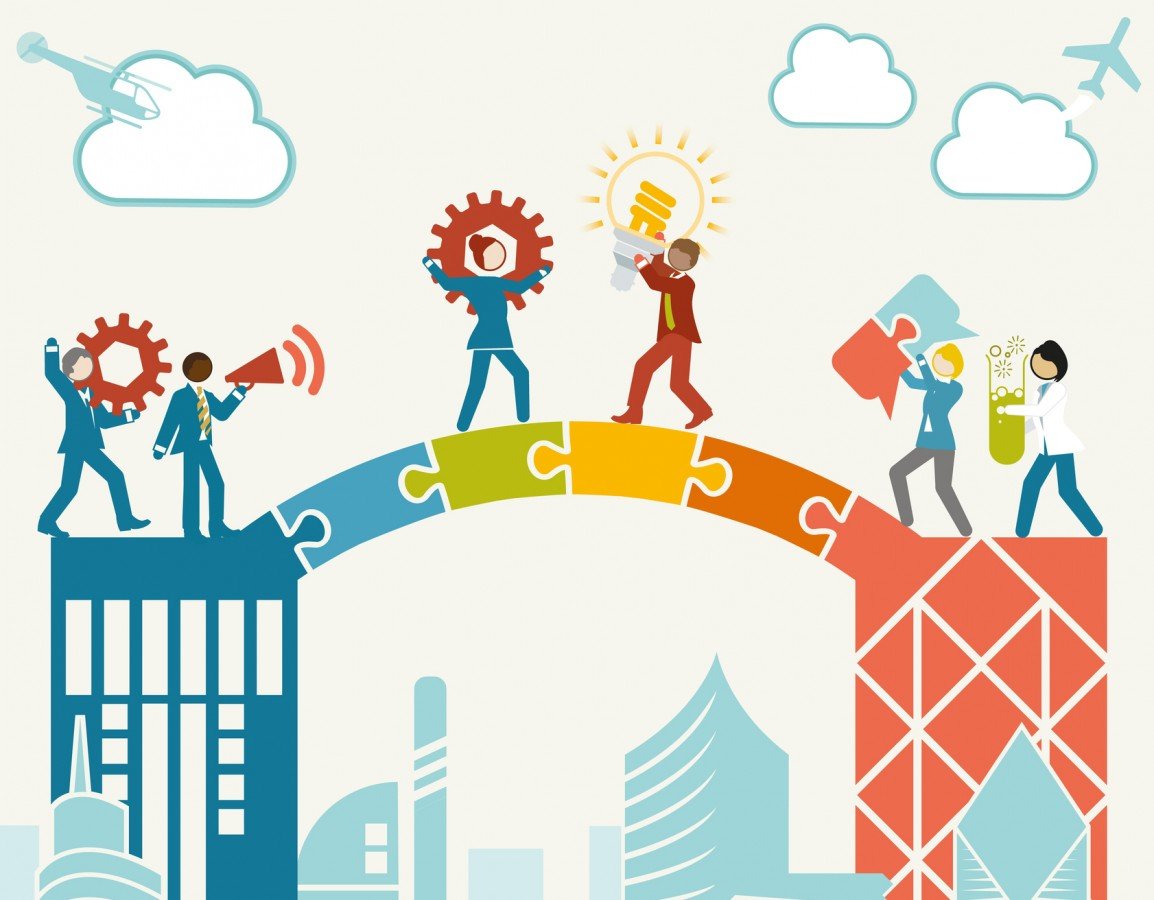IMPACT OF EXPERIENTIAL LEARNING ON TODAY’S GENERATION
It is stated that a basic causative factor in the general achievement of learners studying in higher education is learners’ engagement (Xerri et al., 2018; Derakhshan, 2021). This brings us to the basics of experiential learning which mandates the education sector in 21st century. Classes are no more teacher-centric, based upon conventional methods of lecture delivery. Any educator who does not evolve himself or herself to match the changing demands of the education sector will have to introspect the kind of competition he/she will be facing. Its uncomplicated to stay true to conventional methods of going in the classroom and delivering a lecture like a monologue. However, today’s generation needs way more than the supremacy of educator in the classroom. They need a guide, a mentor, a facilitator, a life coach, a counsellor, a wellness caregiver- all wrapped in one. With this huge responsibility resting on the shoulders, educators too must enhance their teaching learning process.
Gardner (2013) asserts that regardless of which subject you teach— “the arts, the sciences, history, or math”—you should present learning materials in multiple ways. Experiential learning is one of the most engaging ways of dispensing information in the classroom. This mode of delivering knowledge is most receptive by young minds as it is in sync with the human model of learning by doing. Learners must learn the reality of knowledge. Children learn better when they interact with their environment and are involved in the school’s learning plan, according to John Dewey.
Experiential learning has a significant impact on today's generation. In a world that is rapidly changing and becoming more complex, experiential learning provides a valuable approach to education that goes beyond traditional classroom-based learning. Here are some of the impacts of experiential learning on today's generation:
Enhanced Engagement: Experiential learning actively engages learners by immersing them in real-life experiences and practical activities. This hands-on approach fosters a deeper level of engagement and motivation among students, as they can see the direct relevance and applicability of what they are learning.
Practical Application of Knowledge: Experiential learning allows students to apply theoretical knowledge to real-world situations. By actively participating in activities such as internships, simulations, projects, or field trips, students gain practical skills and problem-solving abilities that can be immediately utilized in their careers or daily lives.
Development of Critical Thinking and Problem-Solving Skills: Experiential learning encourages students to think critically and solve problems independently. Through hands-on experiences, students learn to analyze situations, make decisions, adapt to challenges, and collaborate with others. These skills are highly valuable in today's dynamic and unpredictable world.
Improved Retention and Understanding: When learners are actively involved in the learning process, they are more likely to remember and understand the concepts being taught. Experiential learning provides opportunities for students to explore topics in a meaningful way, leading to improved retention and a deeper understanding of the subject matter.
Enhanced Soft Skills: Experiential learning fosters the development of essential soft skills, such as communication, teamwork, leadership, adaptability, and problem-solving. These skills are increasingly in demand by employers and are crucial for success in today's job market.
Empathy and Cultural Awareness: Experiential learning often involves interactions with diverse groups of people or exposure to different cultures and perspectives. This promotes empathy, tolerance, and cultural awareness among students, preparing them to be more inclusive and globally-minded individuals.
Entrepreneurial Mindset: Experiential learning encourages an entrepreneurial mindset by nurturing creativity, innovation, risk-taking, and resilience. Students learn to identify opportunities, take initiative, and adapt to changing circumstances, fostering an entrepreneurial spirit that is valuable in various aspects of life.
Personal Growth and Self-Confidence: Through experiential learning, students are challenged to step out of their comfort zones and take on new experiences. This fosters personal growth, self-confidence, and a sense of empowerment, as they discover their strengths, overcome obstacles, and achieve tangible outcomes.
Overall, experiential learning has a transformative impact on today's generation by equipping them with the necessary skills, knowledge, and mindset to thrive in an ever-evolving world. It promotes active learning, critical thinking, practical application, and personal development, making it a valuable approach to education in the 21st century.


